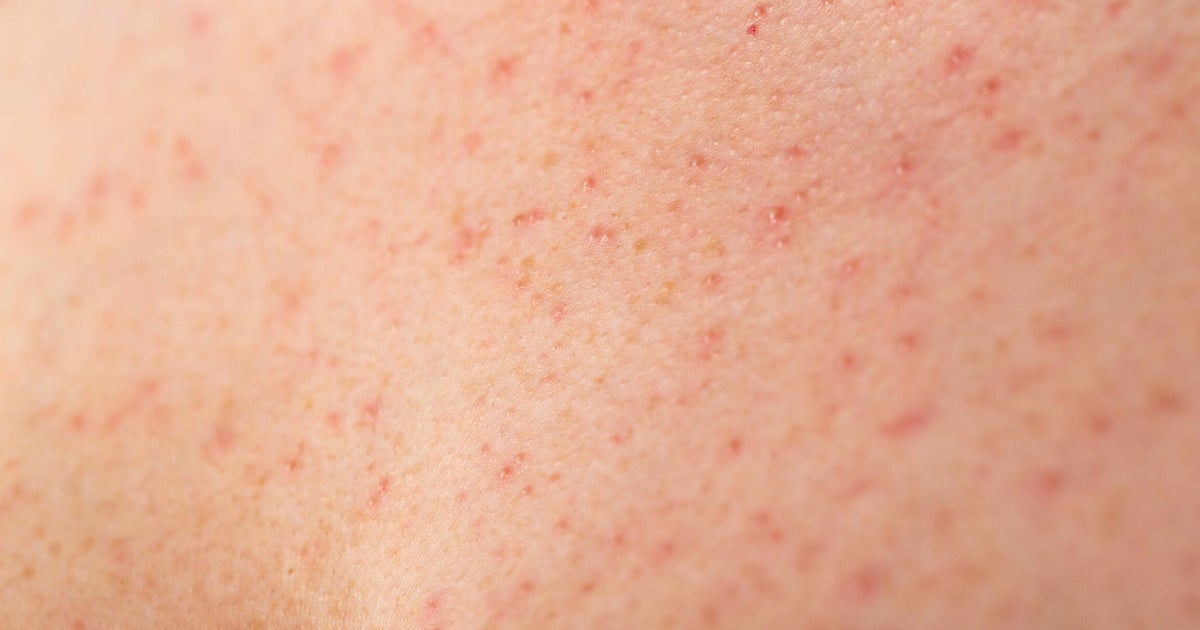Testosterone Drops In Dads Sharing Beds With Kids
Sept. 5, 2012 -- Dads who sleep in the same bed as their children may see a drop in their testosterone levels, a study shows.
"This is the first study that's ever been done on this," says researcher Lee Gettler, PhD, an assistant research professor at Notre Dame. "No one before had ever asked the question as to whether co-sleeping affects men's physiology."
The study is published in the journal PLoS One. It follows an earlier study that shows men's testosterone levels drop when they become fathers.
Evidence from studies in animals suggests that high testosterone levels, which help males attract a mate, might interfere with fathers' investment in their children.
Research also shows that men with higher testosterone levels aren't as responsive to a crying infant, while those with lower levels tend to be more hands-on dads.
The study was conducted with 362 young Filipino men. About 92% of those men said they slept next to their children.
Gettler first assessed the Filipino men's testosterone levels in 2005, before they became fathers. He checked testosterone levels again in 2009, when the men had at least one child.
Lower Levels at Night
Men with lower testosterone in 2005 were no more likely to sleep with their children after becoming dads than men with elevated testosterone. In 2009, though, the bed-sharing fathers had lower testosterone than the other men in the evening but not in the morning.
"I was surprised that there was no difference in the morning," Gettler says. After all, he says, research has shown that a lack of sleep, which might be expected in men who sleep with their young children, can lower testosterone levels. His study did not collect information about sleep quality or duration.
One explanation for the testosterone drop in the evening could be that interacting with their children during the day contributes to dads' lower levels, Gettler says.
Peter Gray PhD, an associate professor of anthropology at the University of Nevada, Las Vegas, who has studied the impact of marriage and fatherhood on men's testosterone levels, praised Gettler and his collaborators.
"I think they did a great job interpreting the data they had," Gray says.
Bed-Sharing Debate
The American Academy of Pediatrics advises against adults sharing a bed with infants because it could increase the risk of SIDS (sudden infant death syndrome) or suffocation. But the organization does recommend that babies sleep in the same room as their parents.
The notion that children learn to become independent by sleeping in a separate room from their parents is rooted in folklore, not science, Gettler says.
 WebMD Medical News
WebMD Medical News






